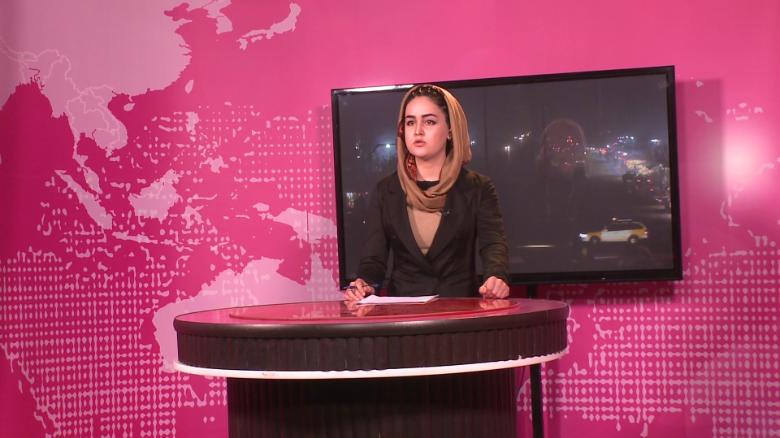This all-female TV station is bringing women's issues to Afghanistan's attention
Updated 0134 GMT (0934 HKT) March 8, 2018
Editor's Note: CNN is committed to covering gender inequality wherever it occurs in the world. This story is part of As Equals, a year-long series.
Kabul, Afghanistan ŌĆö Journalists, editors and producers gather for an editorial meeting in a coral painted building in Afghanistan's capital, Kabul.
The day's agenda? Women.
This is the office of Zan TV ŌĆö made for and run entirely by women.
Zan, which means "woman" in the Dari language, is the first media outlet of its kind in Afghanistan, which was under Taliban rule from 1996 until 2001.
During that time, women's rights all but disappeared. Journalism and access to education for women were banned under the regime.
In the 16 years since the fall of the Taliban, women have gradually moved back into important societal and professional roles. Yet the knock-on effect of a country marred by war and conflict continues to be felt across important public-facing sectors ŌĆö including journalism.
The number of female journalists has been declining in recent years, particularly in the last two, according to a survey released by the Centre of Afghan Women Journalists in November. The report found that 1,037 women work in media outlets.
Zan TV is hoping it can help change that, by giving women not only more visibility on camera but also the power to investigate and report on important issues facing women.
"The happiest moment of my life is when I report the facts visually, talk about challenges that women face in our society," says Shogofa Sidiqui, a chief reporter at the station.
Although Sidiqui understands women might be fighting an uphill battle in journalism ŌĆö with insecurity and the threat of violence a constant -- she is hopeful that Zan TV will inspire young women to follow their dreams.
"They have to show their courage and ability to be a role model as women for other women in [the] future."




